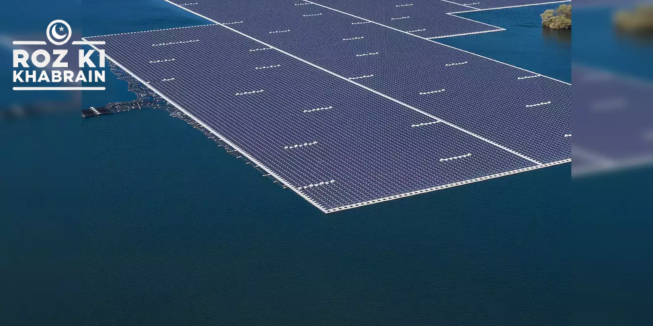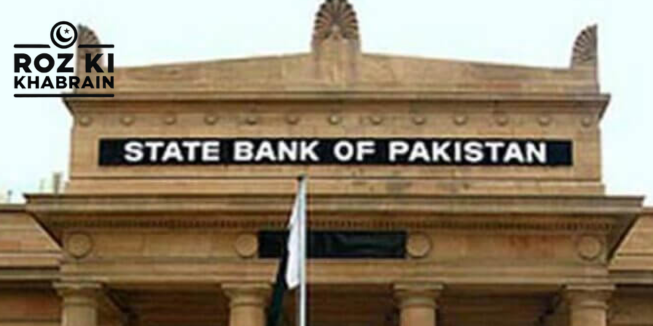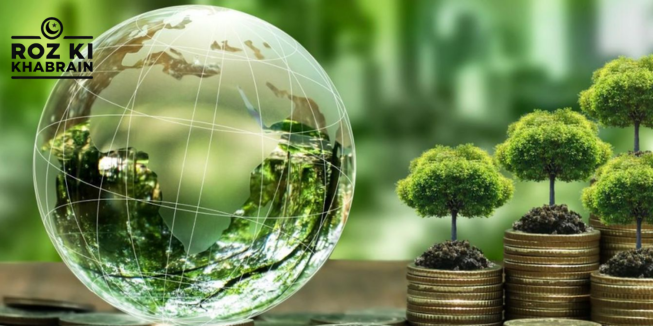ISLAMABAD: Pakistan has decided to abandon a $300 million loan proposal for the development of a 300-megawatt floating solar power project.
On Saturday, the government confirmed to The Express Tribune that it had requested the World Bank to pause preparations for the project. Both the project and loan were shelved after the Power Division excluded the scheme from the 2024-2034 Indicative Generation Capacity Expansion Plan (IGCEP).
According to official documents, the Power Division communicated its decision to the Ministry of Economic Affairs and the World Bank on December 20. The project, which was considered highly cost-effective, had been expected to recover its foreign loan within five years.
A memorandum from the Power Division stated that the project had not been included in the draft IGCEP, which is in its final stages. The Power Division also expressed concerns about the lack of a guaranteed power purchaser, such as the Central Power Purchasing Agency-Guarantee (CPPA-G).
Planned for construction on the water bodies of the Tarbela and Ghazi Barotha hydropower projects, the floating solar project did not require new transmission lines due to its proximity to existing infrastructure. The project aimed to connect to the national grid by May 2027, with power generation expected to begin in 2026.
Documents showed that electricity from the floating solar plants would have been significantly cheaper than the operating costs of 86 existing thermal power plants. The solar project was estimated to be more than 60% cheaper than 64 thermal plants and over 100% cheaper than 55 others.
The internal assessment revealed that Pakistan could recover the project’s capital expenditure in five years and save over $72 million annually in foreign exchange thereafter. It was also expected to reduce the use of costly and inefficient thermal plants, promoting their retirement and lowering overall generation costs.
However, sources suggest that the strong influence of thermal fuel importers may have contributed to the shelving of the project. The solar project’s economic rate of return (ERR) was estimated at 42.4% without considering environmental benefits and 51% with them.
The project would have offered environmental and health benefits, especially at a time when Pakistan’s cities are grappling with severe air pollution and health issues.
Interestingly, the day before the project’s cancellation, the Water and Power Development Authority (WAPDA) informed the Power Division that the project cost had been reduced to $238 million after extensive financial and technical evaluations. WAPDA also highlighted that the tariff for the project had fallen to 2.98 US cents per unit, the lowest in the region, which would have provided a significant economic advantage for Pakistan.
The cancellation of this project could impact Pakistan’s efforts to expand renewable energy sources. WAPDA had previously requested its inclusion in the IGCEP.
World Bank documents also highlighted that despite having an installed generation capacity of 43,700 MW, Pakistan is unable to meet peak demand, especially during the summer months, due to seasonal variations in hydropower, shortages of imported fossil fuels, and the inefficiency of thermal plants.
A spokesperson for the energy ministry acknowledged the sector’s challenges, including increased off-grid generation, fluctuating demand, and supply-demand imbalances. The spokesperson confirmed that the government is reassessing its long-term energy needs and power generation plans for the next decade, with an ongoing update to the IGCEP.
The spokesperson added that the decision to pause the floating solar project was part of the ongoing analysis of the country’s energy transition. Despite the temporary halt, the government could revisit the project once the necessary formalities are completed.
The World Bank continues to support Pakistan’s transition to renewable energy, and such pauses are not uncommon in the development process, the spokesperson emphasized.




